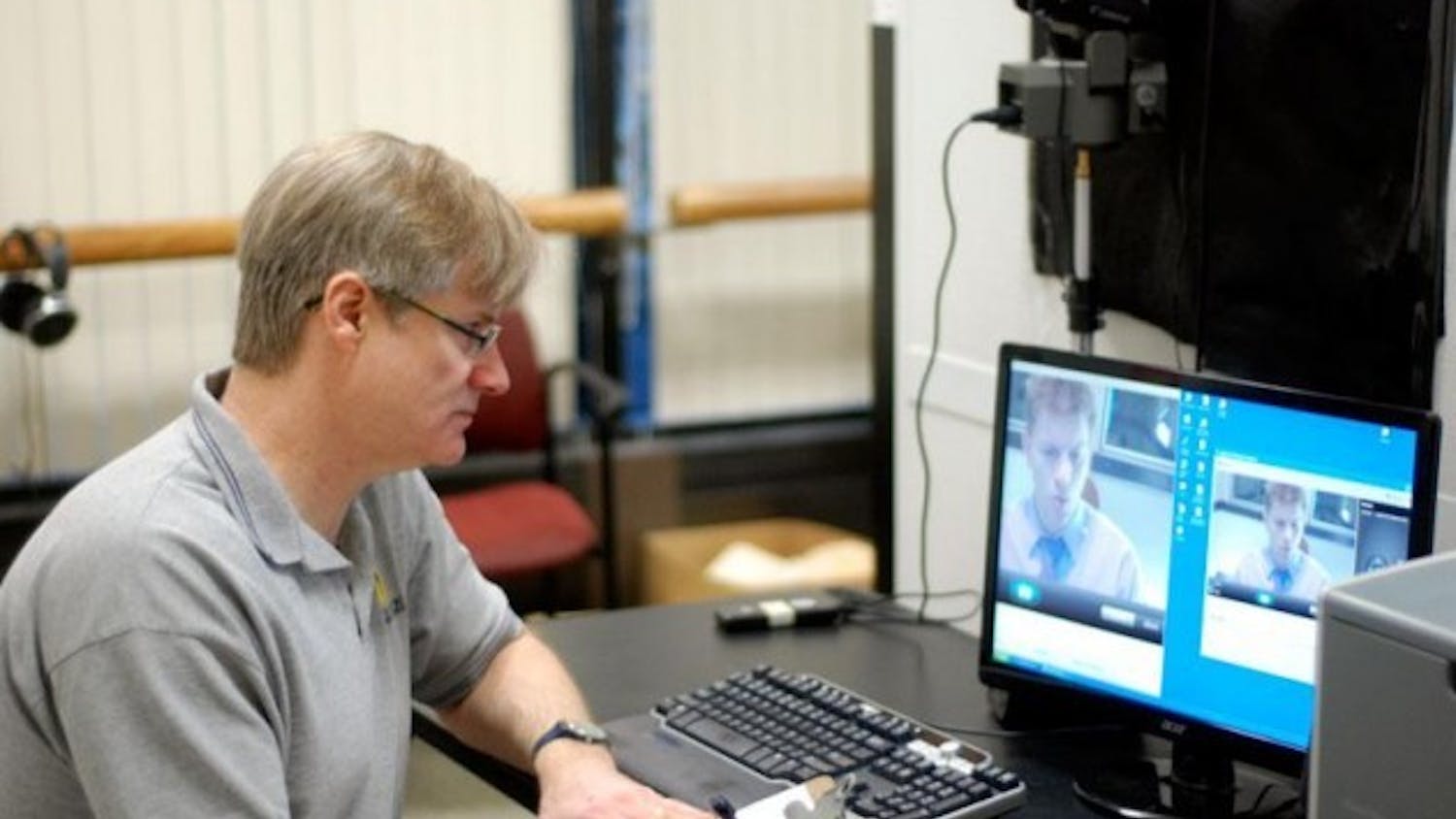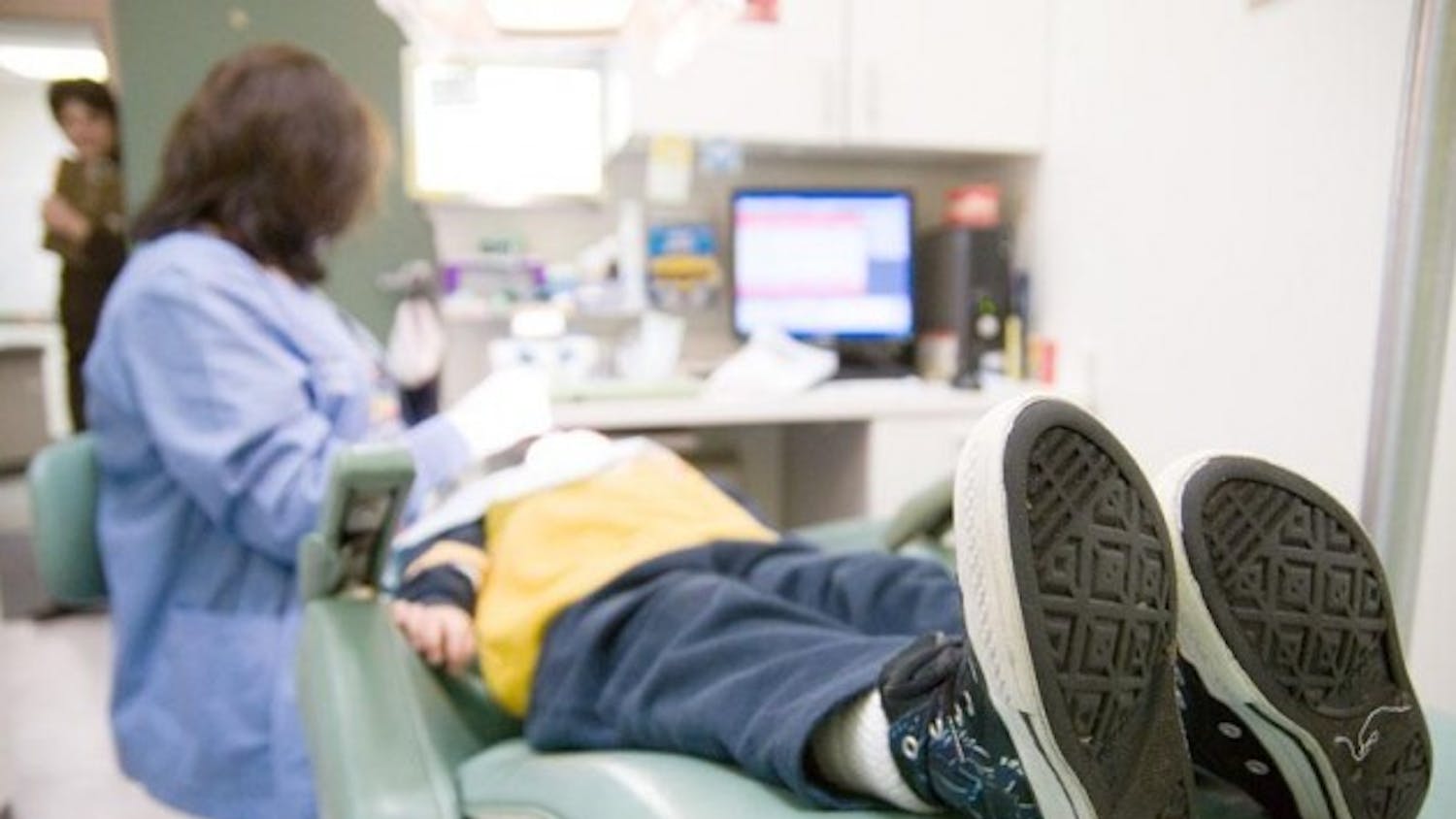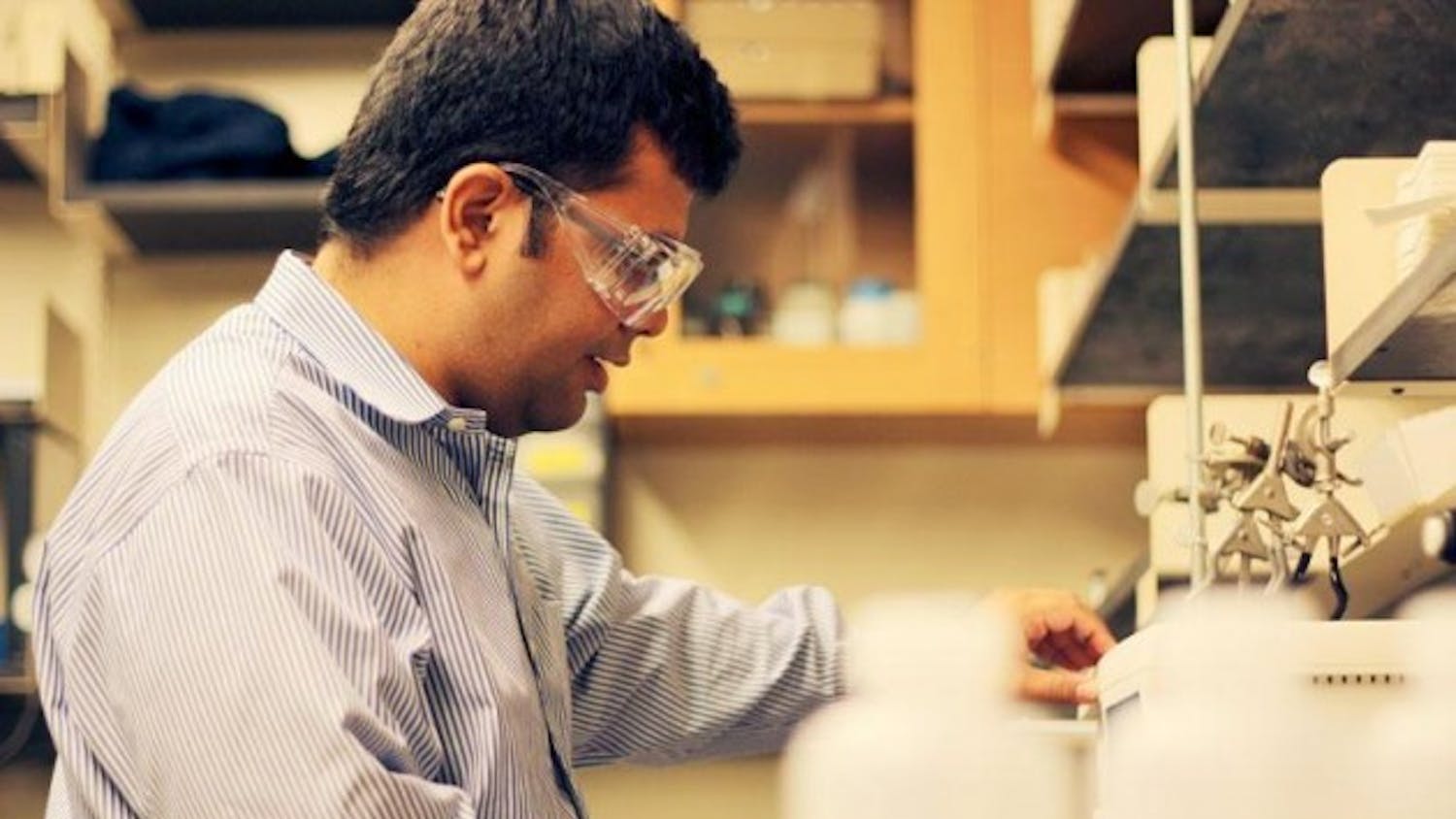A room full of students awaited a lecture from NASA Chief Technologist Dr. Mason Peck. Upon starting his seminar, the projection and sound system in the room were not working. Peck suggested NASA should maybe tackle the problem of whimsically broken pieces of technology, instead of the investing in future space projects.
The joke evoked a fresh sense of levity that set the stage for the rest of the talk on Sept. 4. Peck managed to inform students on the current direction of various NASA projects and the future of the organization. The lecture, which took place in Student Union room 330, had roughly 100 students eager to hear about how it plans to achieve all its goals.
Peck began by focusing on a new direction for NASA. He made a distinction between what NASA used to be and what it currently wants to promote. Peck mentioned that many of the previous programs revolved around inward building. The new novel strategy, however, grabs theories, plans and other feasible proposals from other resources. Students, professors and others are urged to participate if they feel like they have an idea.
NASA tests the mettle of people who come up with potential plans. Peck called this "crowd sourcing," which pools together a wide array of resources available to different people to help solve future challenges.
"It was nice to have an insider view from NASA," said Steven Coffed, a junior aerospace mechanical engineering major. "The seminar was refreshing and interesting. I think my future options might have changed based on the talk."
One of the biggest problems NASA is tackling is the Asteroid Grand Challenge - a space defense to protect the Earth from a collision of potential asteroids. Many possible solutions were thrown around, ranging from sending a nuclear weapon to space to deal with the asteroid to simply altering its trajectory. Future asteroid exploration can open up opportunities for companies to find rare and precious metals.
Peck said NASA influences many aspects of everyday life, including the economy and unintentional inventions. Infant formula was invented accidentally, as it contains many ingredients originally used in astronaut food.
Peck also reassured the audience that the money NASA receives is being well spent, primarily being invested in a few core programs, like launching in-space propulsion, high-density energy and instruments/sensors. Many new inventions and ideas have already launched into space. PhoneSat, a program that flies a smartphone up to space, proved the phone can survive without damage in space, even managing to take a picture with the built-in camera.
"I enjoyed the presentation," said James Kim, a junior chemical engineering major."It was great how he [cleared] up the rumors about NASA. I especially enjoyed the part when he was explaining that so many items in which the public uses were by products of what NASA had researched for space exploration."
Kim looks forward to humans landing on Mars, noting he hopes it happens in his lifetime.
Last year, NASA landed a space rover named "Curiosity" on Mars. Peck said NASA is continuing to build on its reputation and goals. The chances of living in Mars probably will not happen next year, but the progress was certainly welcomed by the talk's audience.
Email: news@ubspectrum.com




